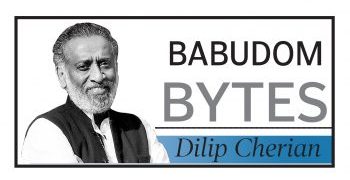Bhubaneswar: Numerous students living with low vision or blindness in the state have pursued their higher studies and proved their mettle. However, many others are finding it tough to pursue their higher studies due to lack of proper support.
Many youths from the city living with blindness or visual impairment claim that limited availability of Braille books and poor scope of computer technology often create hurdles to pursue higher studies. This is in addition to their struggle to get scribes writing for them during examinations and availability of audio books and online materials especially crafted for them.
Rajiv Sahoo, a 30-year-old graduate from the city with low vision, said, “Braille is an excellent assistance for the blind and people with low vision. However, Braille books are available only till Class X. We depend on others to record some lessons for us which is not possible always.”
Sahoo also added that there are certain computer and mobile software and applications which read the texts on the screen to help them use the cyberspace for reading. However, that too has several restrictions when it comes to learning outcomes.
“We read the texts available on the screen and that too only in English and Hindi. No software is available which can allow us to read Odia texts available online. So any person beyond Class X finds it very tough to study Odia because it is not accessible,” said Bharati Sahu, a blind student from the city.
Many such youths told Orissa POST that with the advent of technology they are now able to access smart phones and Internet and use some of the commonly available online products like Gmail, YouTube and search engines, but learning has always been tough through these online platforms.
“Braille books are the best for persons with vision issues. It helps in long lasting memories and easy search. It helps in better retention and also does not require electricity or other means which is not available in many rural areas all the time. The government needs to help us by providing more Braille books for higher studies,” said Gitanjali Upadhyay.
Ram Kishore Sharma, Assistant Director, National Career Service Centre for the Differently-Abled (NCSCDA), Bhubaneswar, said, “As per our observation, Braille is the best mode of education for them. The text to speech software available to them also speaks English in foreign accent, making it tough for them to understand.”
Sharma also said that the state government has started working on developing an Odia software which can help the people read the language with ease. The step is likely to help the students seeking to pursue higher education in Odia language to do it with lesser hurdles.
According to 2011 Census, there are 2,63,799 persons in Odisha who have issues with seeing. This includes people with low vision and blind.







































